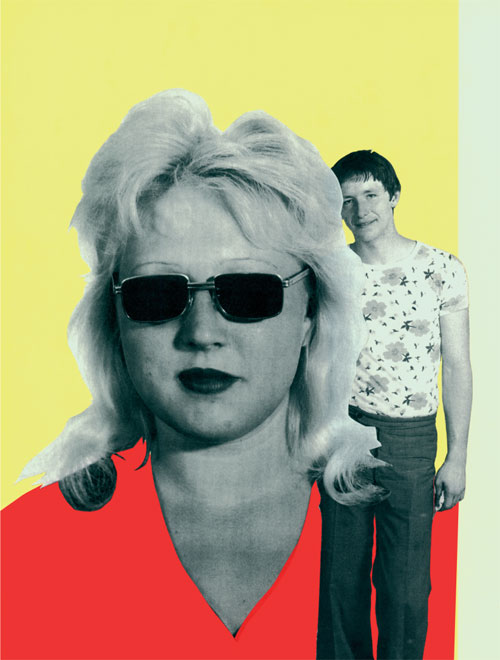
FYI.
This story is over 5 years old.
A Mother's Farewell
A young man named Oleg was left an orphan when his mother died. All he had left was his older sister, for though his father was still alive, he turned out not to be Oleg's real father. Oleg's real father, as he learned when he started going through his...
